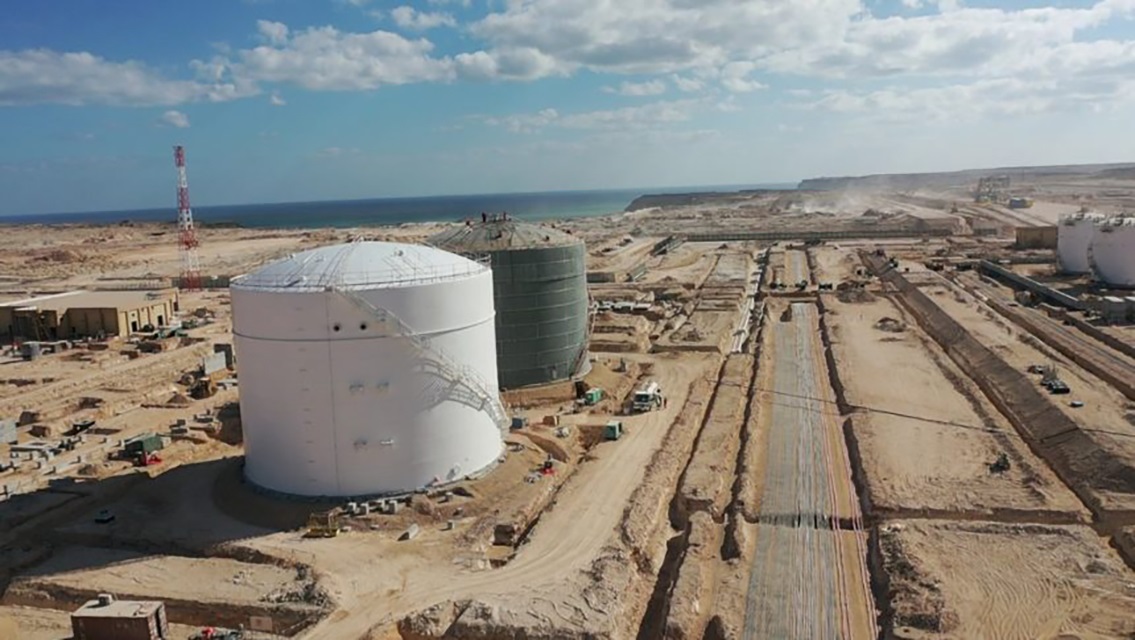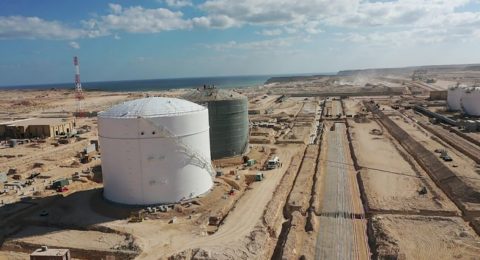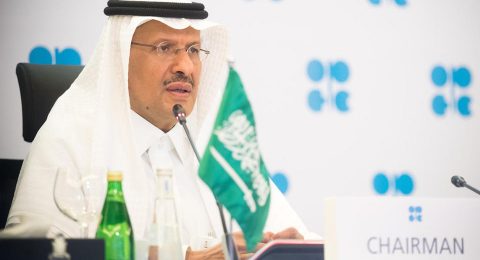Prince Abdulaziz bin Salman Saudi Arabia’s energy minister stated that the impact of European sanctions on Russian crude oil and price limit measures “did not bring clear results yet” and that its execution was still uncertain.
In an effort to restrict Moscow’s capacity to fund its conflict in the Ukraine, the West implemented the Group of 7 price cap on Russian seaborne oil on December 5.
Russia has stated that it will not follow the rule, even if it means reducing its output.
“What is happening now in terms of sanctions and price caps imposed and all of it really did not bring clear results, including measures implemented on Dec. 5, we see a state of uncertainty in implementation,” Prince Abdulaziz told a forum held following the country’s 2023 budget announcements.
When analyzing the situation in international markets, Prince Abdulaziz stated that it was also important to take into account Russia’s response and the steps it would take in response to these tools.
“These tools were created for political purposes and it is not clear yet whether they can achieve these political purposes,” he said, referring to the price cap.
The COVID-19 policies of China are among the additional elements influencing the market in 2023. He added it still “takes time” to see how the relaxation of Covid regulations will affect China’s economy.
The steps taken by central banks to control inflation were still a factor.
“Central banks are still preoccupied with managing inflation, no matter the cost of these measures and their possible negative impact on global economic growth.”
When recent events are taken into account, the OPEC+ alliance’s decision to cut output by 2 million barrels per day on Oct. 5 has been shown to be the right one, he added.
OPEC+ alliance’s meeting on Dec. 4 decided to keep output unchanged amid a weakening economy and uncertainty over how the Russian price cap would affect the market.
Separately on Sunday, Saudi foreign minister Prince Faisal bin Farhan Al Saud told a policy conference in Abu Dhabi that oil prices have “to be fair to consumers and suppliers” to ensure producers invest in building spare output capacity.
The forum in Riyadh heard from the Saudi energy minister who stated that OPEC+ would continue to prioritise market stability in the coming year.
“Group action requires agreement and therefore I continue to insist that every OPEC+ member, whether a big or small producer…be a part of decision-making,” he said. “Consensus has positive implications on the market.”











